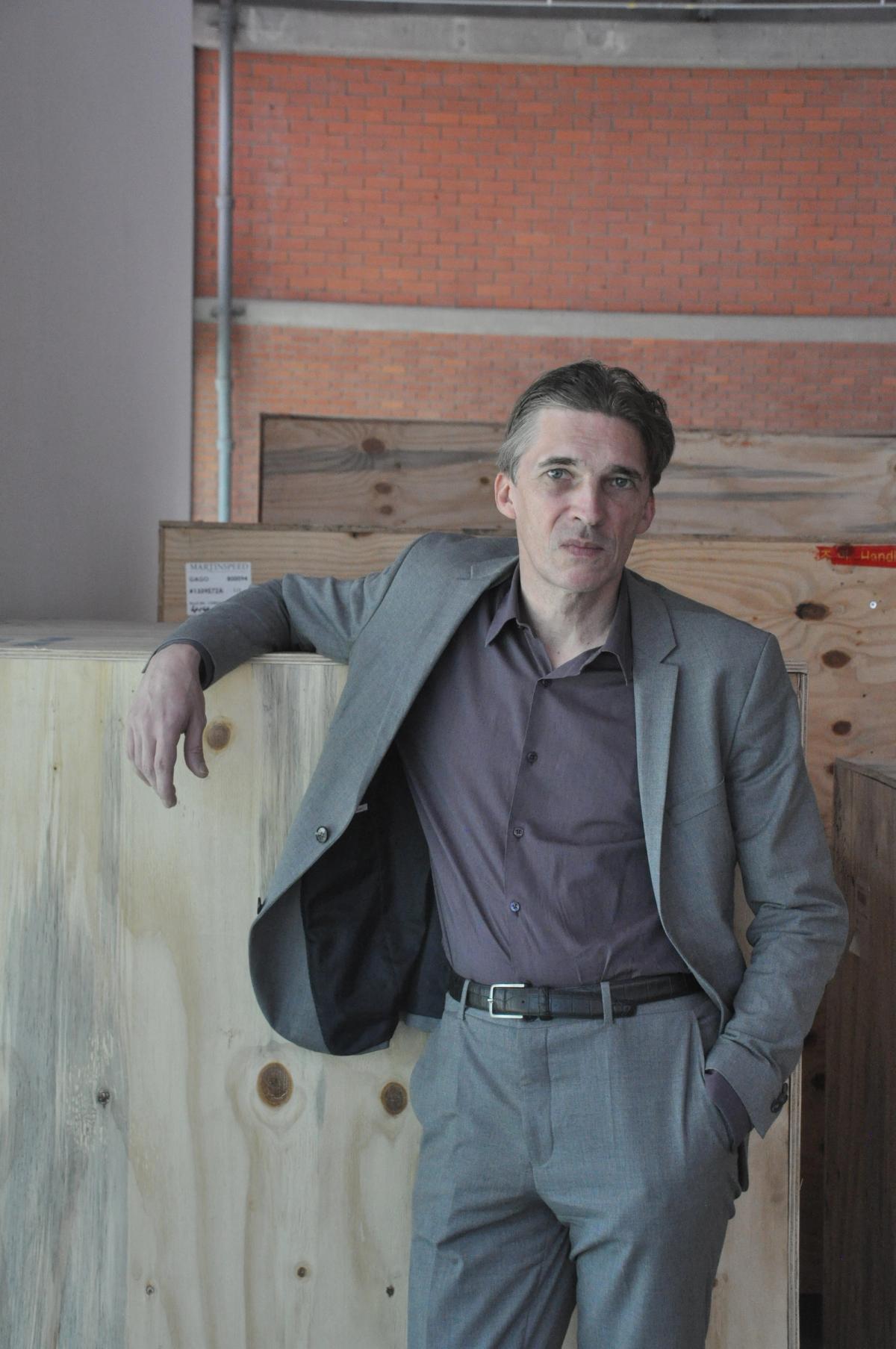The high-profile French curator Nicolas Bourriaud has been appointed artistic director of the 15th Gwangju Biennale in South Korea, due to open September 2024. Bourriaud, the former co-director of the Palais de Tokyo in Paris, will focus on the impact of the Covid-19 pandemic, the Gwangju Biennale Foundation says in a statement, with the exhibition "defining art’s role in recovery”.
The statement adds: “For the 15th Gwangju Biennale, Bourriaud plans to incorporate his artistic philosophy into a discourse-driven exhibition, focusing on the spaces where the human species live, and the redefinition of its borders with other spheres.” Bourriaud was appointed director of the Paris School of Fine Arts in 2011 and managing director of the Montpellier Contemporain in 2015. He addressed the climate crisis in the 16th Istanbul Biennial held in 2019.
Meanwhile the Gwangju Biennale has abolished its new art prize, the Park Seo-Bo award, which was won in April by the South Korean artist Oum Jeongsoon who is showing Elephant Without Trunk (2023) at the 14th edition of the biennial. The award, which was worth $100,000, was funded by the eponymous artist who had underwritten the award through $1m donated through his Gizi Foundation.
Park is represented by White Cube gallery, which says online that he “is widely considered one of the leading figures in contemporary Korean art [and] credited as being the father of the Dansaekhwa movement [refers to artists who painted only in monochrome]”. But according to ARTnews, protestors stated that Park’s formalist art did not align with the political values of the biennial which was founded in 1995 to commemorate the 1980 slaughter of demonstrators, sparking South Korea's democratic transition in 1987.
Park wrote on Instagram that the “Gwangju Biennale Foundation agreed to abolish the Park Seo Bo art prize," noting that it was "regrettable that the problem was raised on the day of the event" when the prize had been announced February last year, allowing "plenty of time for differences in opinion”.
The biennial says in a statement: “In response to opposition to the Gwangju Biennale Park Seo-Bo Art Prize that has emerged recently, the Gwangju Biennale Foundation sought diverse opinions from the art community regarding the award’s subsequent operational plans and continued discussions with the GIZI Foundation.”


